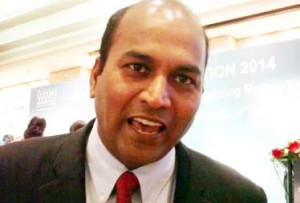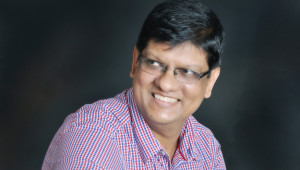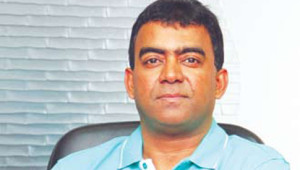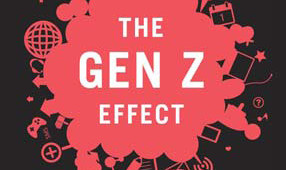By Sunil Robert
What’s the central theme of your book?
The book aspires to fill the gaps in Indian business world where we still work by mostly outdated paradigms borrowed from the West which even the West is struggling to discard. For example – Manufacturing industry which found the Time and Effort approach to measuring workers productivity had to necessarily ditch those approaches as machines took over a large component of their manual tasks. Instead, outcomes and impact are used for measuring and rewarding human effort.
Indian corporations reflect a unique combination of Western management ideas and Indian cultural values. That brings a set of challenges as well as limitations that call for unique solutions. My book argues that the time has come to build honest, transparent systems that can underpin not just organization’s growth but personal fulfillment and actualization as well. However I argue that personal leadership precedes organizational leadership on the premise that it is easy to lead others based on power and designation but it’s harder to lead one self.
Why is it relevant in the present context?
India’s corporate world is at an inflection point due to a confluence of many factors – globalization, communications and social media and international travel. As a result, today’s workforce knows that alternative paradigms work instead of command and control alone. They yearn to be respected and given the freedom to accomplish with the occasional input and directive. Instead we tend to turn them into an employee ID or a resource and strip them of initiative and enthusiasm. My book states that individual’s aspiration to greatness needs to be a long love affair with the organization.
If he or she is not in love, then they can find their labor of love elsewhere. When you are in love it does not seem to be labor. The Algerian Philosopher Albert Camus, likened the human condition to that of a Man named Sisyphus rolling the rock up a hill everyday only to see it roll down in the evening. And the drudgery task starts again the next day. If you do an opinion poll or a dipstick study in the Indian workforce and you’ll find a significant chunk of them in it only for the money or for a short term.
But often times our lives are spent in quiet despair for years before we want to turn our attention to what truly gives us joy and contentment. Power is overrated in our context – we need to understand that the influence which comes from individual impact and passion is often greater than designation or title. The book argues to build influence not hanker after power or promotion.
Where do you draw your inspiration from?
A large chunk of Bound to Rise is a retrospective gleaning of insights from my corporate journey that spans 25 years in small, medium and multinational firms. Whether it is a small proprietary firm called SPM Instruments in Hyderabad or an MNC like Acer or a homegrown success story like i-flex or India’s cornerstone company like TCS. I have always been a student of culture and behavior. The human mind is a mysterious black box, while you may predict certain behaviors under certain conditions there is always an element of surprise which makes it all the more intriguing.
I have lived for a little while in Europe and now I’m an immigrant and that exposure tends to season my writing as well. However the biggest inspiration is that if an underdog like me could survive the vicious world with my own unique philosophy and paradigms, anybody else can. I have found Trust to be a commodity in short supply in India. We trust others but we carry a dagger. We tend to be a little reckless with our words about others and are casual while tearing others down. We resent other’s success and tend to often ascribe it to other factors other than some inherent strength or talent of an individual.
We are not highly respectful of women at a core level, although the occasional right noises are made in meetings. There were some obvious anomalies we tend to live with as given that need to be corrected. We are deeply hierarchical and we almost worship or idolize the top guns and practically ignore the silent, less glamorous workers. Can’t we ascribe dignity and respect to our janitors, drivers, and peripheral workers without looking at their work or appearance? These are some questions I ask in the book and I hope it stirs our workforce to think and ask some questions of themselves and their workplace.












Recent Comments